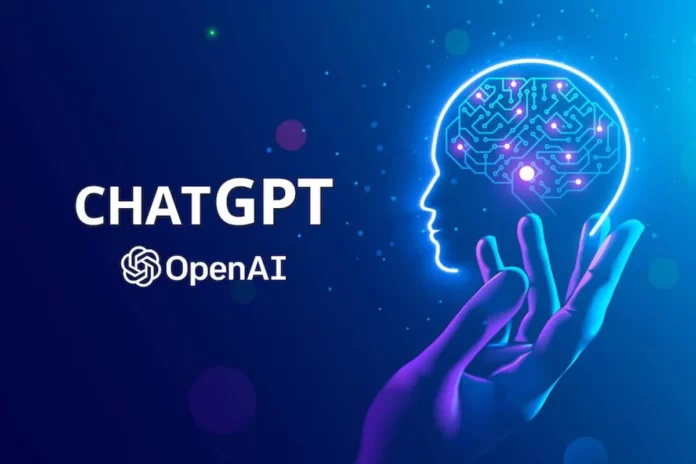Three provincial privacy commissioners are joining the federal privacy commissioner’s office in investigating the practices of ChatGPT creator OpenAI.
Federal privacy commissioner Philippe Dufresne made the announcement today in a keynote speech at the annual symposium of the Canadian branch of the International Association of Privacy Professionals (IAPP) in Toronto.
Dufrense announced his office had started an investigation in April following a complaint.
The investigation into OpenAI, the operator of ChatGPT, was launched in response to a complaint alleging the collection, use, and disclosure of personal information without consent.
The statement didn’t say who or what organization filed the complaint.
Joining his inquiry will be the privacy commissioners of British Columbia, Alberta and Quebec.
“We will be investigating whether OpenAI practices comply with Canadian privacy law with relation to consent, openness, transparency, access, accuracy and accountablity,” Dufresne told the conference, “and as well as whether the organization is collecting, using and disclosing personal information for appropriate purposes.”
He also said he is encouraged by OpenAI’s co-operation with his office so far.
Separately, the Information and Privacy Commissioner of Ontario (IPC) and the Ontario Human Rights Commission (OHRC) said they are collaborating to provide Ontarians with a better understanding of their privacy rights concerning artificial intelligence (AI) technologies, through a broader human rights approach. They also urged the province to act.
“The IPC and OHRC are issuing this joint statement to urge the Ontario government to develop and implement effective guardrails on the public sector’s use of AI technologies,” their joint statement says.
“Although we commend the foundation proposed in the 2021 Trustworthy Artificial Intelligence (AI) Framework, and related draft principles and guidelines, it is urgent for the government to establish a binding set of robust and granular rules for public sector use of AI technologies. Such rules are necessary for Ontario to fully reap the benefits of AI technologies in a manner that is ethically responsible, accountable, sustainable, and supported by public trust.”
“The IPC and OHRC appeal to the Ontario government to continue to show leadership by establishing clear and binding guardrails around the public sector’s use of AI technologies,” the joint statement says. “Such guardrails must effectively address safety, privacy, accountability, transparency (including access to information), and human rights.”
The two agencies commit to working together to identify and promote guiding principles and leading practices associated with building a responsible, safe, and trustworthy AI framework that upholds human dignity as a fundamental value.


